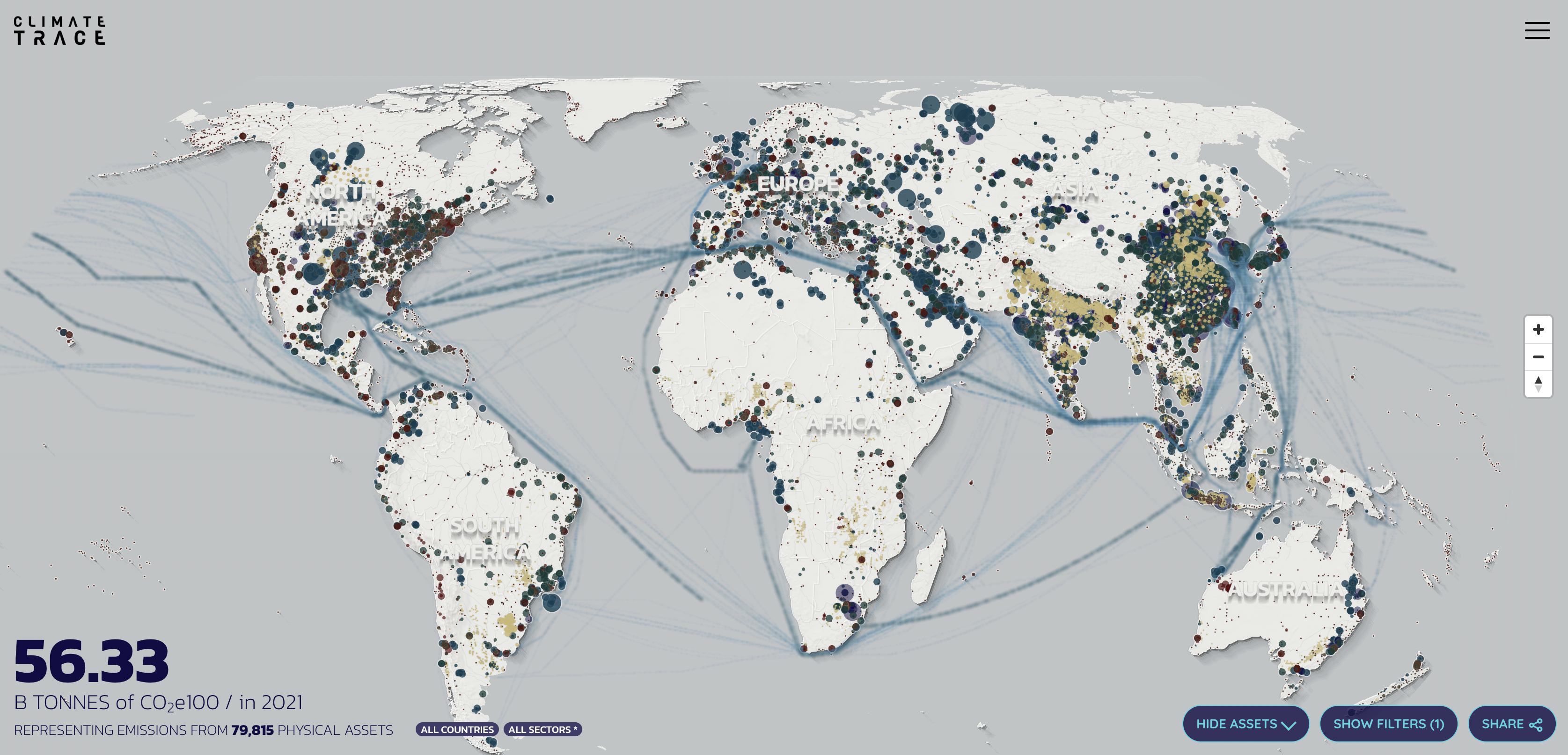- Published on
3 takeaways from COP27
- Author
- Jakob Nordfeldt
It happened again.
Once again, we are left dumbfounded at the closing of the most important conference of the year. So much potential for achieving real progress on an international level - so little to cheer for at the end of the nearly two weeks of talks and negotiations.
This is not a criticism of the organisers. Many were enraged by the choice of Egypt as the host country, pointing to a shaky civil rights record and high use of fossil fuels. I cannot help but feel that such criticism is a bit misguided. CO2 emissions per capita in Egypt are currently almost half of that in Sweden. As for the civil rights issues, I do not think that hosting COP means the international community condones of the political regime in the host country.
After all, it should not come to a surprise to anyone that we will have to strike deals with our enemies as well as our neighbours if we want to limit climate change. And COP is the forum for those small incremental changes over awkward table discussions - not a Wokestock festival with the purpose of immediately solving all the problems and injustices in the world.
So, here are my three takeaways from this year's edition of Trying to agree with countries we don't like agreeing with.
1. Global recession risk breeds short-termists
Let us start with the obvious. This was most likely never going to be a smashing success. A lot of countries are under immense financial pressure at the moment and have simply chosen not to do their homework. I say chosen because when a country like Germany decides to scale back their climate goals, it is a choice.
Even though this is a short-term move to handle their historical reliance on Russian energy supply, it boils down to a choice between protecting your population (and your popularity...) from decreased living standards in the short term and doing the same for the future global population.
So we have learned that economic downturns are bad for progress. Not a surprise. We have learned that war is really bad for progress. Definitely not a surprise. Now to the crux of it all - climate change does not care at all about our wars or financial markets. It is never going to give us that five-minute breather to "sort some things out first".
2. The satellites are here!
COP27 saw the launch of Climate TRACE - a non-profit that uses satellite data to provide an overview of the global emissions - complete with a shiny new website. Having played around with their data a little bit, I think it is still clear that this is an early stage initiative.
However, there is a great deal of potential in reducing the reliance on countries' official emission figures, and using satellites and other remote sensors could help us take an important step in that direction.
What especially intrigues me about this is what will happen when climate lies potentially become easier to expose. If the emissions can be traced geographically with enough precision, this could prove a ground for more robust legal actions against greenwashing.
3. 🇺🇸 and 🇳🇴 launch Green Shipping Challenge
This joint effort between Norway and the U.S. was announced already in May, but officially launched during COP27. We got to learn more about the announcements from participating companies, ports and countries. Some, like Greece, seemed to have a tweet-level of commitment at best:
Greece commits to reducing emissions at six major ports through operational efficiencies, on-shore power supply systems, and deployment of renewable energy sources.
The most exciting prospect from the Green Shipping Challenge is of course the concept of establishing green shipping corridors. Reserving the most attractive shipping lanes and routes for ships running on more sustainable fuels is a good example of simple but effective legislation.
Similar to car-sharing lanes, it is a very understandable effort that can receive wide political support. Economically, it dramatically changes the incentives for transitioning a fleet to more sustainable fuels.
Now we just need to make sure we have the ships for it.
What are your thoughts?
I am always curious to hear other people's thoughts and reactions to events like COP. If you have an interesting take you want to discuss, just ping me at jakob@skrym.com.
